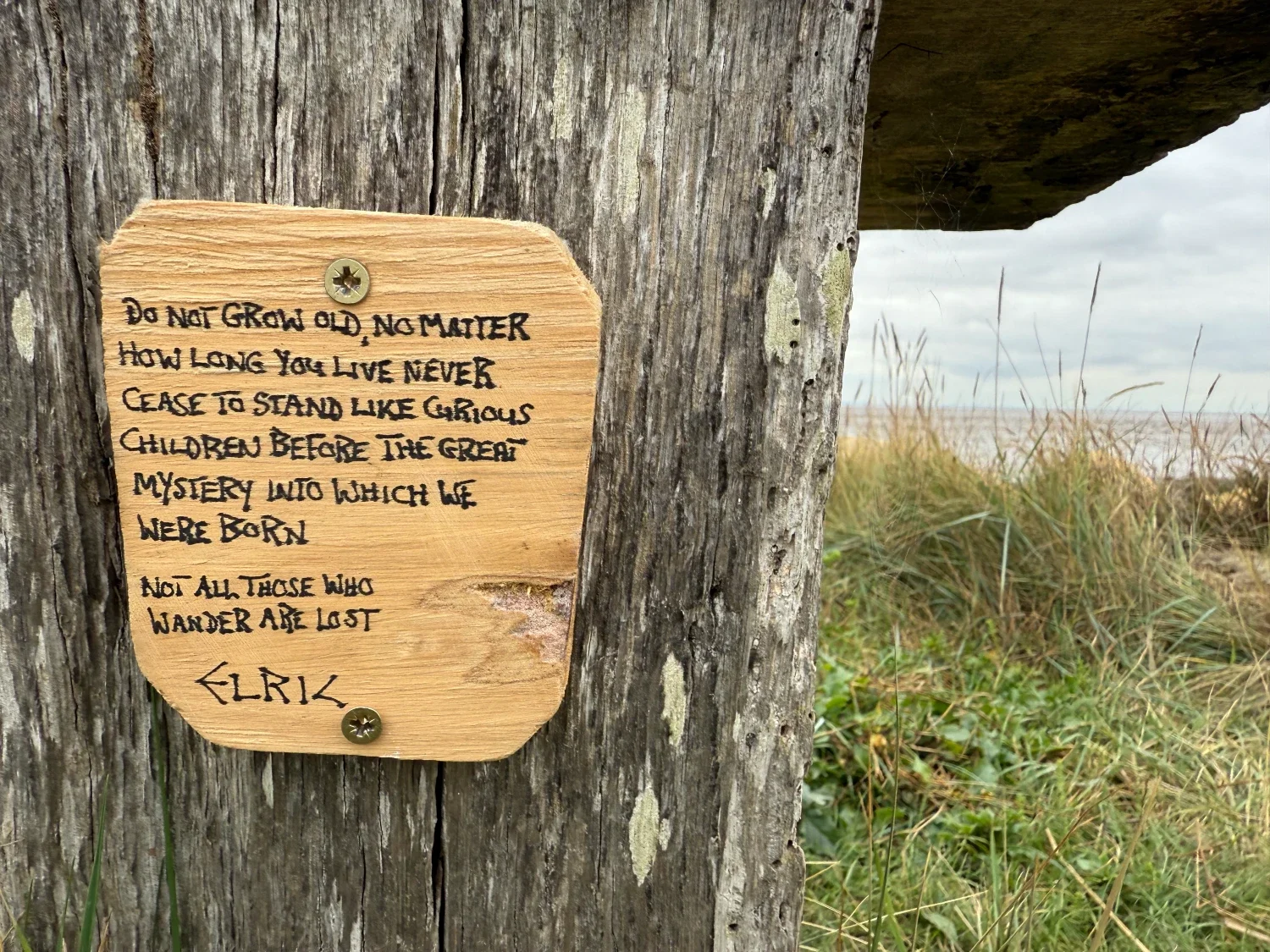The Power of Your Inner Script
Rewriting the stories we tell ourselves.
Most of us are familiar with the term unconscious bias, which refers to attitudes, opinions and stereotypes that are imprinted in our subconscious, which collectively act as a predetermined filter on our views towards others. In a similar way we have an inner script that resides in our unconscious which influences what we believe about ourselves and the world around us and therefore directs our behaviours. This script is developed in early life as a response to our environment, experiences and expressions from our tribe (family, friends, teachers etc). What we encounter in our childhood are taught concepts of life, which is a feeding ground for our introjections (unconscious adoption of the thoughts and ideas of others), and out of this comes judgements and conscience which form our inner script. This is like a directive or manifesto that holds an unconscious power over how we navigate our life in adulthood. These ideas, that may have seemed like truths when we were young, can become unhelpful stories that we tell ourselves as we experience various life events.
A psychological theory and form of therapy called Transactional Analysis (TA) explores the three ego states of self that influence our thinking, feeling and behaviour. These states – the parent, adult and child - are the architects and project managers of our inner script, maintaining, and thus manifesting, ‘our truth’ as we move through life. According to TA, in adulthood we take the positive aspects of the creative childlike and caring parental states, and sense these in the present moment as we are now. This is the ideal state to be in for most situations as it senses ‘what I think now as the reality I’m in.’ While we are meant to grow out of childlike behaviours as we grow into an adult, TA sees that we still have within us that child ego state alongside a parent ego state, which can manifest in our behaviours at different times in patterns. We will call on our child state when we experience raw emotion, whether joy or sadness, whilst in our parent state we will know how and when to nurture ourselves and others. The adult state is a single entity that draws on the resources of the parent and the child within and while we don’t want to be dominated by those ego states we do want the positive parts of them to lie within us.
In other words, we have a particular ego state as a default setting in specific circumstances, for example, if we had a critical parent who always told us to ‘grow up, be better’ then we may have internalised this and as an adult when the parental ego state kicks in it will be critical. Conversely if we were overprotected as a child and mollycoddled, when our parental state kicks in we may find that we try to interfere with another’s life in an attempt to protect them. Equally, if one had a fearful childhood experience then when they experience unease as an adult, they may be instantly fearful, like a child again. While the qualities that we adopt in these different ego states can be difficult they can also be functionally useful. However, there can often be contamination of the adult ego state by the parent or child within us, which stops us remaining in the adult ego state. When this happens and we feel like we can’t stay in the adult state we may blag our way through it ‘as best we can’. Transactional Analysis is often used in couples therapy, where the therapist may identify your default states in different situations and then suggest you try and be in the adult state in a situation even when the default in that situation would usually be the child state or the parent state.
In therapy, exploring why we have a default ego state in certain situations, and where it is coming from, whether overt or covert, can help you connect the dots from ‘I feel/behave like that in that transaction because of the transactions I had with others when I was a child’. If you can recognise this then you can utilise your ego states in a more productive way and therefore rewrite the stories you tell yourself, that are manifested by these ego states. We all have an unconscious life plan, which comes from our life script, that acts as blueprint or engineer driving life for all of us. It is a survival response to our perception of the world, and it develops pre-verbal and then crystallises between the ages of three and seven. This script or statement comes out of injunctions (negative messages) and drivers (responding coping mechanisms), and we start using the script when we become verbal, for example, ‘mummy likes it when I read quietly.’ Your parental and cultural messages result in a script, which can be relatively compassionate if you’ve had an uncomplicated or balanced upbringing, but if you haven’t then it can underpin the development of your adult life, for example, ‘I’m not deserving of love so I will settle for being the needed.’ This script can be all powerful, influencing all aspects of your decision-making in life, however, through therapy you can uncover the roots of these stories and reimagine them in the present.
To find out more about Transactional Analysis and internal storytelling, get in touch.
